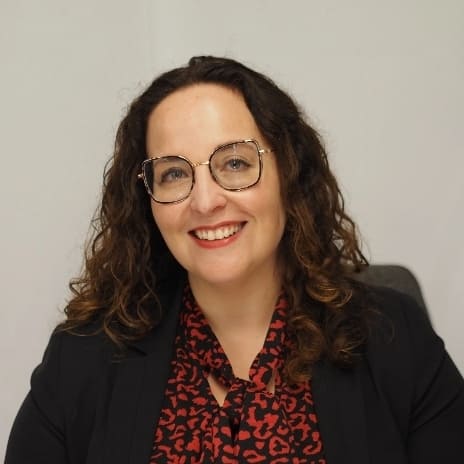The InnoFiber Research Lab mission is addressing urgent global challenges related to environmental sustainability, resource conservation, and the development of materials with a reduced ecological footprint. This interdisciplinary scientific field encompasses a broad spectrum of research topics, including:
Objectives
1. Development of new processes and technologies for extracting natural fibers from plant-based raw materials.
2. Production of new natural fibers using conventional spinning processes as well as electrospinning, wet spinning, and extrusion.
3. Exploration of new methods for recycling and waste management, specifically the development of technologies for transforming waste (textiles, plants, marine materials) into new sustainable materials based on circular economy concepts.
4. Development of more eco-friendly functionalization and finishing processes with reduced environmental impact.
5. Conducting studies on biodegradability, environmental impact, and life cycle analysis of the produced materials.
Applications
Research in these areas contributes to the development of innovative solutions based on natural fibers and sustainable materials with a wide range of applications, from the pharmaceutical industry to the automotive sector. For instance, materials developed from the mentioned topics can be used in:
1. Development of implantable and biocompatible structures for localized tumor treatment, orthopedic pathology treatment, tissue engineering, and localized drug delivery systems.
2. Production of new natural and recycled yarns for the development of advanced, multifunctional, and intelligent textiles.
3. Composites and biocomposites for the footwear, automotive, aerospace, and architectural industries.
4. Multifunctional fibrous structures for personal protective equipment.
5. Food packaging, among others.
Positioning
In this context, the Natural Fibers and Sustainable Materials research line at the Textile Science and Technology Center of the School of Engineering at the University of Minho is of paramount importance. This research area is considered a strategic future area for both the Textile Science and Technology Center (2C2T) and the School of Engineering at UMinho. For 2C2T, the future strategy involves developing new materials and processes, including technology and process optimization in emerging areas related to sustainability and the circular economy, innovative and sustainable materials, new fibers based on natural waste, and new processes for extracting and treating natural fibers. According to the strategic plan of EEUM, in the coming years, the aim is to address environmental/climate challenges, sustainability, and the circular economy by leading the development and implementation of sustainable technologies, applying sustainable design principles in engineering products, promoting efficient natural resource management, encouraging the circular economy and product life cycle design, innovating in waste management, utilizing environmental monitoring and data analysis, and raising environmental awareness.
People
Group Leaders
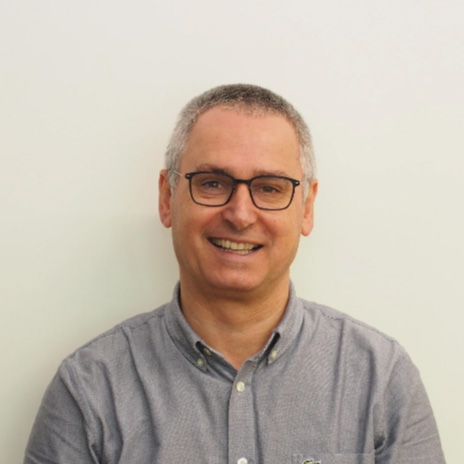
RAUL FANGUEIRO
GROUP LEADER
Ph.D. | Integrated
Team
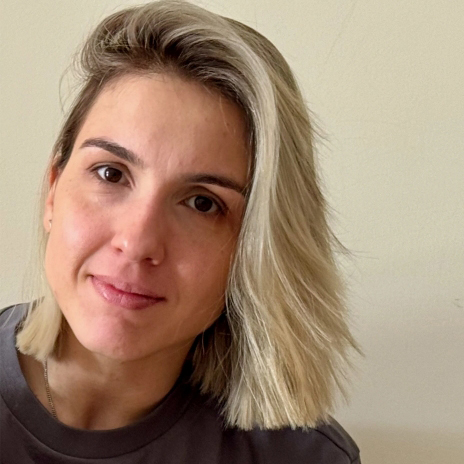
Ana Catarina Silva
RESEARCH ASSISTANT WITHOUT EXCLUSIVITY (project)
Ph.D. | Integrated
Research Team:
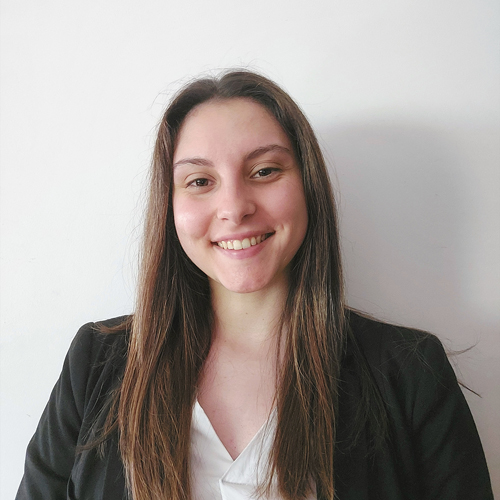
Catarina Nogueira
RESEARCH FELLOW (MASTER'S STUDENT)
Bachelor's Degree
Research Team:
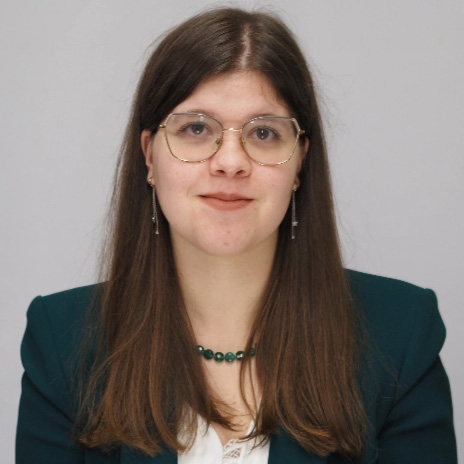
Diana Alves
RESEARCH FELLOW (PH.D. STUDENT)
Master’s Degree
Research Team:
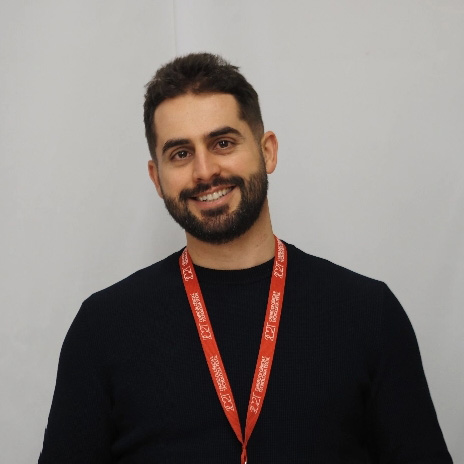
Diego Morais Chaves
RESEARCH ASSISTANT WITHOUT EXCLUSIVITY (project)
Ph.D. | Integrated
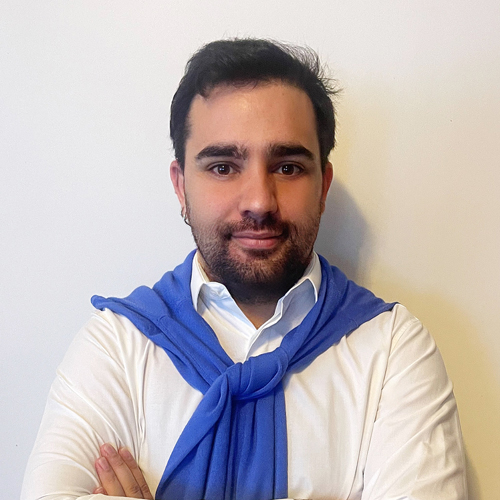
Duarte Brás
RESEARCH FELLOW (MASTER'S STUDENT)
Bachelor's Degree
Research Team:
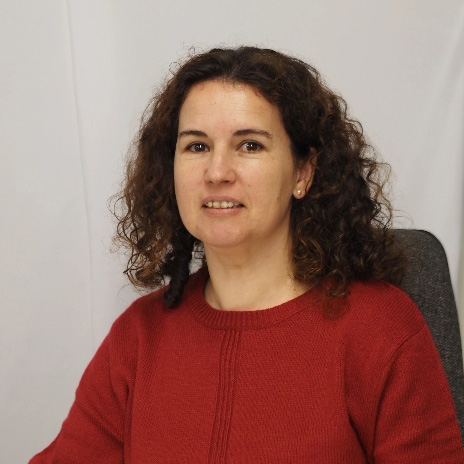
Elina Margarida Marinho
RESEARCH ASSISTANT WITHOUT EXCLUSIVITY
Ph.D. | Integrated
Research Team:
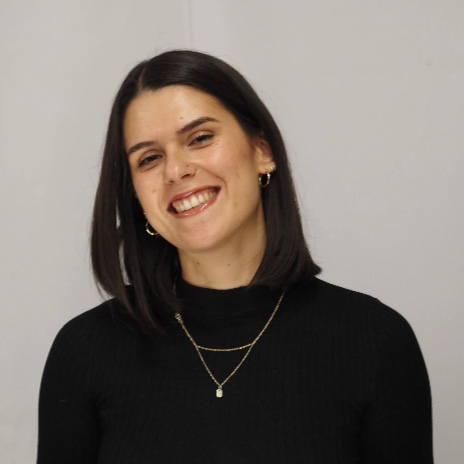
Joana Araújo
RESEARCH ASSISTANT WITHOUT EXCLUSIVITY (PROJECT)
Ph.D. | Integrated
Research Team:
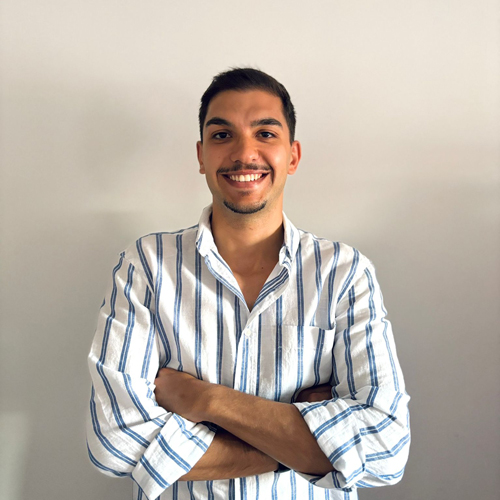
João Oliveira
RESEARCH FELLOW (PH.D. STUDENT)
Master’s Degree
Research Team:
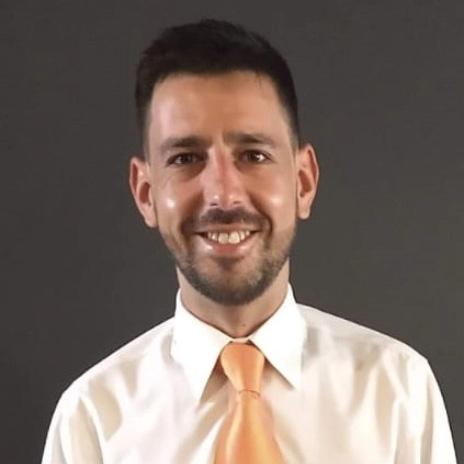
Renato Guimarães
RESEARCH ASSISTANT WITHOUT EXCLUSIVITY
Ph.D. | Integrated
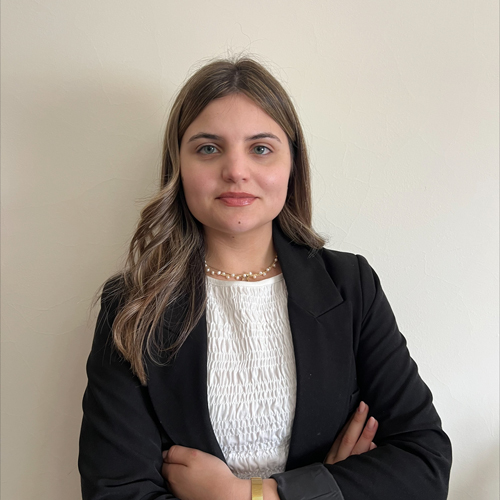
Rita Böttcher
RESEARCH FELLOW (MASTER'S STUDENT)
Bachelor's Degree
Research Team:
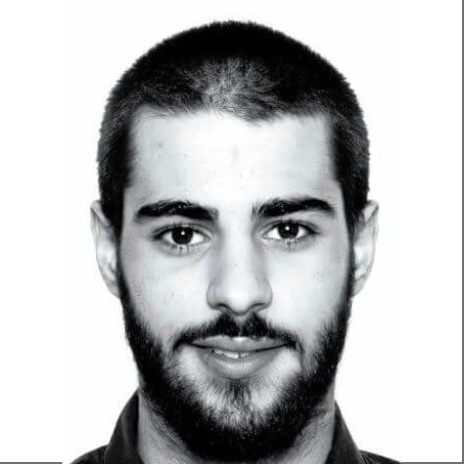
Rui Sousa
RESEARCH ASSISTANT WITHOUT EXCLUSIVITY
Ph.D. | Integrated
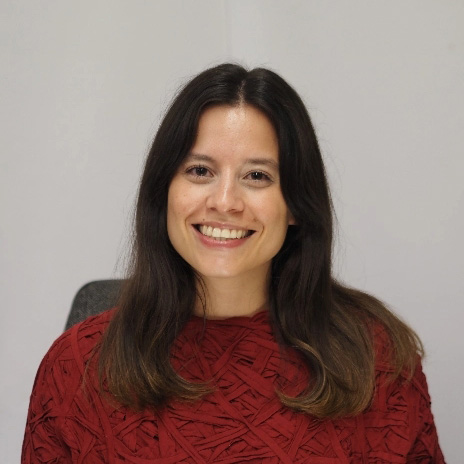
Sofia Maria Soares da Costa
RESEARCH ASSISTANT WITHOUT EXCLUSIVITY (PROJECT)
Ph.D. | Integrated
Research Team:
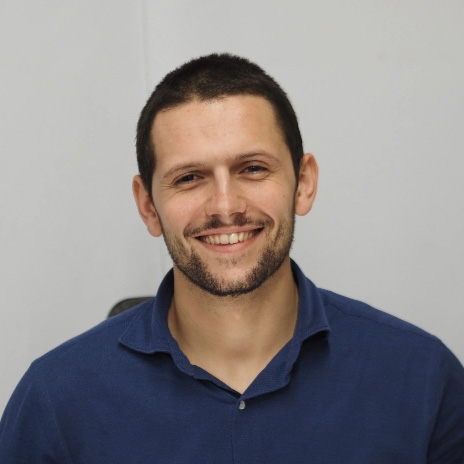
Tiago Azevedo
RESEARCH FELLOW (PH.D. STUDENT)
Master’s Degree
Research Team:
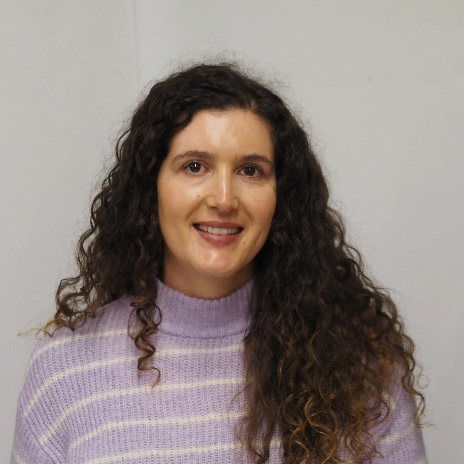
Veronica Rocha
RESEARCH ASSISTANT WITHOUT EXCLUSIVITY (PROJECT)
PhD’s Degree
Research Team:
Projects
BE@T: BIOECONOMIA PARA TÊXTIL E VESTUÁRIO
TOTAL INVESTMENT: €137,931,727.66
The be@t project will contribute to the creation and consolidation of a truly innovative, sustainable, and circular National Textile and Clothing Industry, through the development of traceable textile products and materials that are of biological origin, renewable, and have better environmental credentials, without affecting their performance levels.
OBJECTIVES
The overall objective of the be@t project is the creation and consolidation of a truly innovative, sustainable, and circular National Textile and Clothing Industry.
BIOSHOES
TOTAL INVESTMENT: €72,715,508.31
The BioShoes4All project includes 70 partners and is divided into 5 pillars of intervention. These pillars are organized around concrete objectives, aiming for new materials (bio and eco), products, processes, technologies, or services, structured into 23 measures (M).
2C2T is part of pillar 3, called circular economy, which aims to develop and demonstrate solutions for the valorization of the main types of production waste from the cluster and post-consumption studies. This pillar intends to increase circularity in production processes along the value chains and industrial symbioses. 2C2T is involved in two measures of pillar 3: – M.3.2.1: Management and recycling models for the circular economy; and M.3.2.2: Post-consumer footwear recycling.
OBJECTIVES
The BioShoes4All project aims to innovate and strengthen the footwear sector for a sustainable bioeconomy and circular economy. The goal is to reduce the environmental footprint of the sector by promoting new materials (bio and eco), producing durable and circular footwear, implementing industrial pilot lines, and new advanced production technologies.
BLUEBIO PBA – PACTO DA BIOECONOMIA AZUL
TOTAL INVESTMENT: €133,084,957.80
Advocating for a new sustainable, innovative, and decarbonizing paradigm that sees the ocean as a solution to the challenge of global terrestrial resource scarcity, and bringing together various national industries, the PBA aims to develop new products, processes, and services from the incorporation of blue bioeconomy goods into new or existing value chains, with a positive impact on the environment, consumer life, and national exports.
OBJECTIVES
The objectives of the PBA are the development of new textile structures from marine waste and resources and the development of new dyes and functional finishes, as well as the treatment of textile industry effluents using algae and marine-origin bacteria.
GIATEX
TOTAL INVESTMENT: €18,141,273.21
Textile finishing processes, also known as wet processes, are notorious for consuming large amounts of water, a resource that is becoming increasingly scarce. To address the challenges faced by textile finishing companies regarding intensive water consumption, the GIATEX project has been initiated, focusing on optimizing the use of this resource in finishing processes.
OBJECTIVES
The main objective of GIATEX is to develop a set of tools that enable companies to reduce specific water consumption (by using less water-intensive finishing technologies and adopting treatment technologies that allow water reuse) and simultaneously support decisions on the final destination of the water (through the integration of monitoring and process control systems).
GREENAUTO
INDIA
TOTAL INVESTMENT: RAUL FANGUEIRO
The project aims to develop filtration systems produced by electrospinning.
LUSITANO
TOTAL INVESTMENT: €111,481,160.20
LUSITANO is an initiative aimed at boosting the reindustrialization of the Textile and Clothing Industry (ITV) in Portugal by creating industrial capacity for the production of yarns from recycled and natural fibers, enabling the manufacturing of new and innovative value-added textile and clothing products. Additionally, the project aims to promote the competitive transformation of the sector through research and development of intelligent systems, aligned with the paradigms of Industry 4.0 and the Internet of Things, as well as to develop advanced systems for the treatment and reuse of effluents to reduce water resource consumption.
OBJECTIVES
The main objectives of LUSITANO are to enhance the quality of recycled yarns by increasing the proportion of recycled fibers, especially from post-industrial waste (pre-consumption). Moreover, it aims to develop methods for removing elastane without using environmentally harmful organic solvents.
Projecto Estratégico 2C2T – Financiamento Unidades de I&D (2018-2024)
The research activity of the unit was carried out by an average of 30 Integrated Researchers organized into two groups, namely, the Fibrous Materials Engineering group and the Fibre-based Product Design group. The research goal of the Fibrous Materials Engineering group was mainly focused on the development of new materials and processes, including technology and process optimization whereas the group of Fibre-based Product Design was more orientated to the development of fibre-based products, considering the complete Product Life Cycle, from design to market/user. This organization potentiated synergies and promoted multi and interdisciplinary approaches to successfully address the research challenges posed by the projects.
In the period 2018-2023, 71 funded projects were carried out, 97% financed by National Agencies, mainly ANI and FCT, and the remaining 3% by International and European programmes. The most relevant scientific results were disseminated in peer-reviewed publications, namely 341 papers in international journals (80% in Q1 and Q2 quartile), 76 books or book chapters, 28 conference papers and 306 abstract and poster presentations in conferences. In the same period, 33 patent applications were submitted to protect the intellectual property rights of the developed solutions and 5 spin-offs were active: Weadapt, Newtextiles, Ecofoot, Polyzil and To-Be-Green.
In conjunction with top-quality research and innovation, the unit invests in advanced education through PhD and MSc courses and short training courses to support industry innovation and sustainable growth. The unit is responsible for two Doctoral Programmes and participates in three MSc courses. During this period 38 doctoral theses were concluded, 186 were in progress and 225 MSc dissertations were concluded.
Dissemination activities also involved the organization of four international conferences addressed to the scientific community (ICNF International Conference on Natural Fibres, AuxDefense World Conference on Advanced Materials for Defense, CIMODE International Congress on Fashion and Design and the 20th World Textile Conference Autex), as well as diffusion through press and TV, to raise public awareness on the new scientific achievements and in their social and economic repercussions.
Projecto Estratégico 2C2T – Financiamento Unidades de I&D (2025-2029)
The underlying concept of merging research groups with thematic lines is to promote real and complete inclusion and interactivity among the thematic groups to promote research development from a perspective of complementarity among Unit members. In this way, we aim to encourage true scientific collaboration between groups, which has been limited until now.
The research areas of the 2C2T identified as priorities for the next 5 years have also been identified. The research areas are divided into three groups:
Consolidated Areas:
Medical Textiles; Textile Design and Design Education; Sustainable and Natural Fibers.
Developing Areas:
Modeling and Simulation; Fiber-based Energy Harvesting and Storage Systems.
Future Investment Areas:
Artificial Intelligence; Additive Manufacturing; Aerospace Engineering.
OBJECTIVES
It is important to emphasize that along with high-quality research and innovation, the unit invests in advanced education through doctoral and master’s courses and short-term training courses to support industry innovation and sustainable growth. The unit is responsible for two Doctoral Programs and participates in three Master’s courses. During this period, 38 doctoral theses were completed, 186 are ongoing, and 225 master’s dissertations were completed.
Outreach activities also involved the organization of four international conferences aimed at the scientific community (ICNF International Conference on Natural Fibers, AuxDefense World Conference on Advanced Materials for Defense, CIMODE International Congress on Fashion and Design, and the 20th World Textile Conference Autex), as well as dissemination through the press and TV, to raise awareness of new scientific achievements and their social and economic repercussions.
The 2C2T thus aims to remain at the forefront of research and innovation in its field and to become internationally recognized for excellent advanced training, thereby promoting industrial leadership and providing solutions to societal needs. As a prerequisite for achieving this goal, a dual innovation model will continue to be followed, comprising traditional research methods and processes, along with user-centered design processes.
Projeto RPA – COMPETE2030-FEDER-00587700
Selected Publications
ACTIVE NATURAL-BASED FILMS FOR FOOD PACKAGING APPLICATIONS: THE COMBINED EFFECT OF CHITOSAN AND NANOCELLULOSE
Costa, S. M., Ferreira, D. P., Teixeira, P., Ballesteros, L. F., Teixeira, J. A., & Fangueiro, R. (2021). Active natural-based films for food packaging applications: The combined effect of chitosan and nanocellulose. International Journal of Biological Macromolecules, 177, 241-251.
EXTRACTION, CHARACTERIZATION AND PROPERTIES EVALUATION OF PINEAPPLE LEAF FIBERS FROM AZORES PINEAPPLE
Chaves, D. M., Araújo, J. C., Gomes, C. V., Gonçalves, S. P., Fangueiro, R., & Ferreira, D. P. (2024). Extraction, characterization and properties evaluation of pineapple leaf fibers from Azores pineapple. Heliyon, 10(4).
IMPROVING TEXTILE CIRCULAR ECONOMY THROUGH BANANA FIBERS FROM THE LEAVES CENTRAL RIB: EFFECT OF DIFFERENT EXTRACTION METHODS
Gomes, C. V., Araújo, J. C., Chaves, D. M., Fangueiro, R., & Ferreira, D. P. (2024). Improving textile circular economy through banana fibers from the leaves central rib: effect of different extraction methods. Food and Bioproducts Processing.
MULTIFUNCTIONAL NATURAL FIBERS: THE POTENTIAL OF CORE SHELL MGO–SIO2 NANOPARTICLES
Araújo, J. C., Teixeira, P., Fangueiro, R., & Ferreira, D. P. (2022). Multifunctional natural fibers: the potential of core shell MgO–SiO2 nanoparticles. Cellulose, 29(10), 5659-5676.
THE POTENTIAL OF ALGAE AS A SOURCE OF CELLULOSE AND ITS DERIVATIVES FOR BIOMEDICAL APPLICATIONS
Machado, B., Costa, S. M., Costa, I., Fangueiro, R., & Ferreira, D. P. (2024). The potential of algae as a source of cellulose and its derivatives for biomedical applications. Cellulose, 31(6), 3353-3376.
THE POTENTIAL OF ELECTROSPUN MEMBRANES IN THE TREATMENT OF TEXTILE WASTEWATER: A REVIEW
Rocha, J. M., Sousa, R. P., Fangueiro, R., & Ferreira, D. P. (2024). The Potential of Electrospun Membranes in the Treatment of Textile Wastewater: A Review. Polymers, 16(6), 801.
UPCYCLING OF INDUSTRIAL FOOTWEAR WASTE INTO NONWOVEN FIBROUS STRUCTURES WITH THERMAL AND ACOUSTIC INSULATION PROPERTIES
Alves, D. I., Carvalho, Ó., Fernandes, N. A., Cosentino, L. T., Junior, A. C. P., Fangueiro, R., & Ferreira, D. P. (2024). Upcycling of industrial footwear waste into nonwoven fibrous structures with thermal and acoustic insulation properties. Journal of Environmental Management, 363, 121363.
VALORIZATION OF TEXTILE WASTE: NON-WOVEN STRUCTURES AND COMPOSITES
Alves, D. I., Barreiros, M., Fangueiro, R., & Ferreira, D. P. (2024). Valorization of textile waste: non-woven structures and composites. Frontiers in Environmental Science, 12, 1365162.

